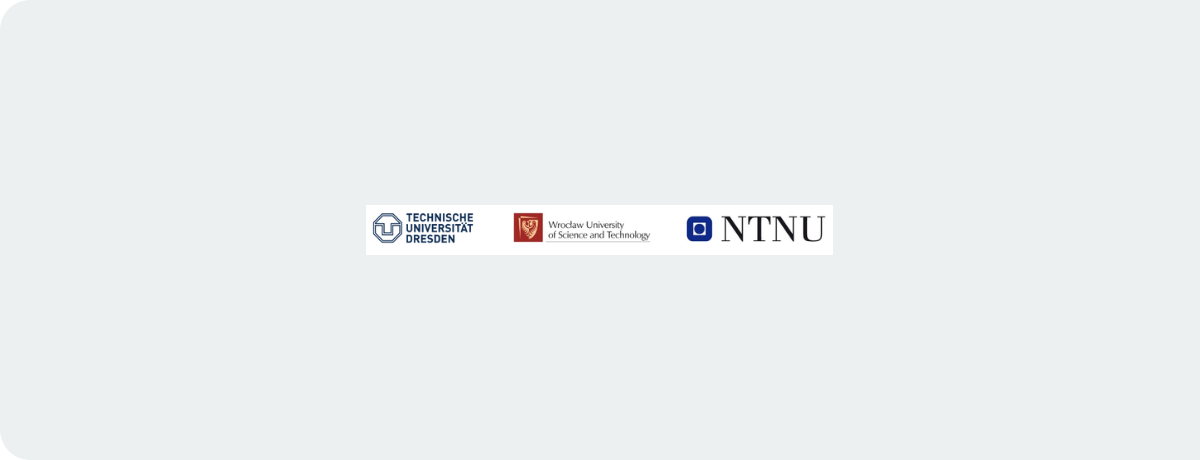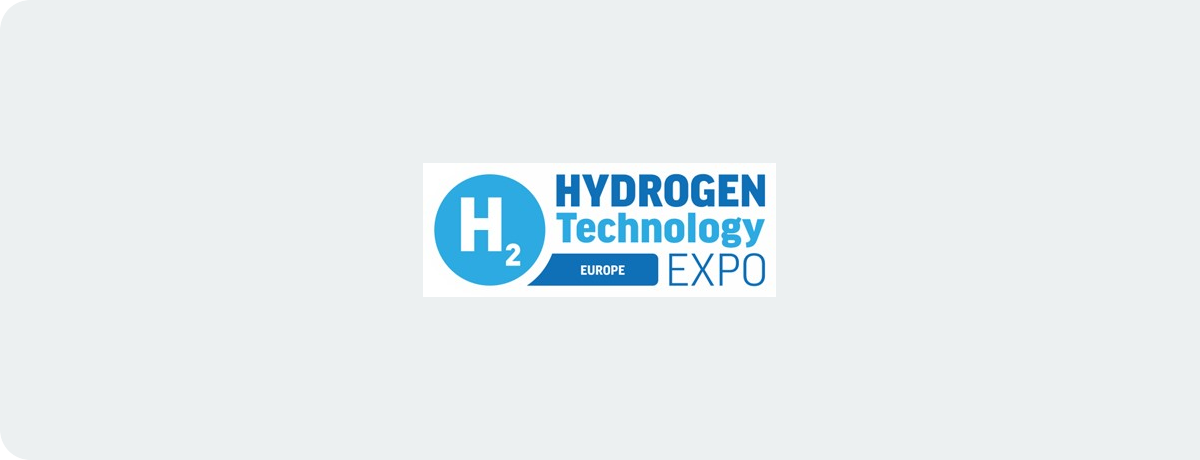Report on IOP 8th Superconductivity Summer School,Wolfson College, University of Oxford, Oxford, UK
Ziad Melhem, 26th Aug 2024
Download the pdf here:
Overview
The IOP Superconductivity Summer School is a biannual event held from July 9th to 12th, 2024 at Wolfson College, University of Oxford, Oxford, UK. This marks the 8th time the event has been held.
The international summer school is a four-day program delivered in partnership between the IOP Superconductivity Group, ESAS, and IEEE-CSC. The school is a premier superconductivity summer school, providing a unique and advanced offering that bridges the gap between superconductivity research and development, applications, and commercialization.
The school organizers extend their gratitude to all the sponsors and the three partners: IOP, IEEECSC, and ESAS for their generous support and sponsorship. Within IOP, three groups sponsored the school: The Superconductivity Group, the organizer, The Low-Temperature Group, and the Particle Accelerators and Beams Group. Other sponsors include Oxford Instruments and host of a visit, Sumitomo SHI Europe, UKRI (EMFL-UK), British Cryogenic Council (BCC), United Kingdom Atomic Energy Authority (UKAEA), Tokamak Energy and a host of a visit, and COMSOL. This sponsorship has significantly reduced overall costs and enabled low registration fees, allowing for greater outreach to students.
Participants
This year's IOP Superconductivity summer school welcomed a record 80 participants, making it the largest in-person gathering since the series began in 2010. The attendees included undergraduate and graduate students, postdoctoral researchers, and industry professionals from 9 countries, including the UK, USA, and Europe. The event featured 33 talks from 27 invited presenters and saw 20 posters displayed throughout the four-day event, with a prize draw awarding £50 for 4 selected posters. Attendees also had the opportunity to participate in lively panel sessions and engage in enriching discussions with the speakers. ESAS and IEEE-CSC gave a presentation on early career activities supported by them.
Lectures/presentations were given by experts from academia national laboratories such as:
Prof.Stephen Blundell, Clarendon Laboratory, University of Oxford, Oxford, UK; Prof. Damian Hampshire,
Physics Department, Durham University, Durham, UK; Prof. Susannah Speller, Materials Department,
University of Oxford, Oxford, UK; Dr Jun Ma, University of Bristol, Bristol, UK; Prof. David
Larbalestier, ASC-NHMFL, Florida State University, Tallahassee, USA; Prof. Amalia Coldea, Clarendon
Laboratory, University of Oxford, Oxford, UK; Prof. Simon Clarke, Chemistry Department, University
of Oxford, Oxford, UK; Prof. John Durrell, Engineering Department, Cambridge University,
Cambridge, UK ; Prof. Lilia Boeri , Physics Department, Sapienza University and Enrico Fermi
Research Center, Rome, Italy; Dr. Francesco Grilli, KIT, Karlsruhe, Germany; Prof. Irfan Siddiqi (UC
Berkeley, USA) ; Dr. Thilo Bauch, Chalmers University of Technology, Gothenburg, Sweden ; Dr.
Martina Esposito, CNR, Italy ; Dr. Mark Ainslie, King's College, London, UK; Dr. Andy Blackmore - STFC
UKRI Laboratory, Daresbury, UK ; Dr. Luca Bottura, CERN, Geneva, Switzerland.
Speakers from Industrial companies:
Prof. Ziad Melhem, Oxford Quantum Solutions Ltd, Oxford, UK;
Oxford Instruments Nanoscience Technical and Marketing team, Mr. Charles Monroe, Monroe
Brothers Ltd, Oxford, UK; Dr. Martin Wilson, Consultant, Oxfordshire, UK; Dr. Bruce Strauss, IEEECSC,
Washington DC, USA; Dr. Joe Minervini, Novum-Industria/MIT, Boston, USA; Dr. Nathaniel
Davies, COMSOL, Cambridge, UK; Dr. Ben Pine, Dassault Systemes UK Limited, Oxfordshire, UK; Prof.
D. Scott Holmes, IEEE Council on Superconductivity (CSC) -International Roadmap for; Dr. Greg
Brittles, Tokamak Energy, Oxfordshire, UK; Dr Ludovic Ybanez, Airbus UpNext, Toulouse, France; Dr.
M’hamed Lakrimi, Siemens Healthineers Magnet Technology, Oxford, UK
Highlights
The summer school took place at Wolfson College, University of Oxford, in Oxford. The University’s and the city's long history as an educational and innovation center added to the overall experience for participants. The beautiful location and historical surroundings of Wolfson College, which provided accommodation, lectures, and meeting rooms on-site, created a memorable and inspiring
atmosphere. The lecture series covered presentations on Superconductivity Theory, Materials, Cryogenics, Modelling, Design of Superconducting magnets, and applications including Fusion, HEP, Power Applications, Electric Planes, Medical Applications and Superconducting Quantum computing, Electronics and Sensors. The school included theme talks on Strategic Superconducting Project
management, Modelling using Commercial Tools, high-temperature superconductors for Fusion and Electric planes, Superconducting RF cavities, and Science and technologies at the European Magnetic Field Laboratory (EMLF).
The lecture series covered presentations on Superconductivity Theory, Materials, Cryogenics, Modelling, Design of Superconducting magnets, and applications including Fusion, HEP, Power Applications, Electric Planes, Medical Applications, Superconducting Quantum computing, Superconducting Electronics and Sensors. The school included theme talks on Strategic Superconducting Project management, Modelling using Commercial Tools, high-temperature superconductors for Fusion and Electric planes, Superconducting RF cavities, and Science and technologies at the European Magnetic Field Laboratory (EMLF).
The school organized two field trips to industrial companies. The first visit was to Oxford Instruments, where students learned about superconducting applications for physical science as well as superconducting and cryogenic platforms for quantum technologies. The second visit was to Tokamak Energy regarding HTS for Fusion. These visits provided attendees with firsthand exposure to the practical applications of superconductivity in products and the operations of commercial superconductivity businesses.
The program included a BBQ evening and a formal school dinner. Prof. Lilia Boeri from the Physics Department, Sapienza University, and Enrico Fermi Research Center, Rome, Italy, gave the special dinner on Room Temperature Superconductors.
Key Outcomes and Impact
Enhanced Knowledge
o The summer school successfully provided fundamental and advanced knowledge on superconductivity. Participants developed a deeper understanding of materials from low to room-temperature superconductors and their applications in research and industry.
Networking Opportunities.
o The event facilitated valuable networking opportunities, encouraging potential collaborations and professional connections. The guided facility tours and interactive discussions successfully promoted dialogue and the exchange of ideas.
Exposure to Industrial Applications
o The focus on industrial applications offered participants a valuable practical perspective on superconductivity. The visits to Oxford Instruments and Tokamak Energy were particularly enlightening, as they showcased real-world applications of the commercialization of superconducting materials.
Feedback and Future Directions
Overall, the feedback from participants was very positive, with many expressing their appreciation for the high quality of the talks and the chance to interact with international speakers and network with diverse attendees. The organizers have confirmed that the IOP Superconductivity Summer School will continue, with the 9th edition scheduled to take place at Wolfson College during the week starting on the 6th of July 2026.
Conclusion
The 8th IOP Superconductivity Summer School, held in partnership with ESAS and IEEE-CSC in Oxford, was a resounding success. It stood out as a top international event in the superconductivity calendar, offering a blend of academic learning and hands-on experience in a stunning setting. The event deepened participants' grasp of superconductivity and fostered valuable professional connections. The school provided an extensive and captivating educational experience, aligned with the overarching objectives of the IOP, ESAS, and IEEE-CSC network to promote research and applications in superconductivity.





